Herbs and Supplements to Improve Ketosis
A ketogenic diet is a very low carbohydrate, moderate protein, and high fat based nutrition plan. A ketogenic diet trains the individual’s metabolism to run off of fatty acids or ketone bodies. This is called fat adapted when the body has adapted to run off of fatty acids/ketones at rest. This article will cover how best to improve ketosis and supplement a healthy lifestyle.
This nutrition plan has been shown to improve insulin sensitivity and reduce inflammation. This leads to reduced risk of chronic disease as well as improved muscle development and fat metabolism (1, 2).
Ketogenic diets have been quite popular over the last 10 years due to the beneficial effects being in stable ketosis has on brain function, aging, and chronic disease development. People all around the world have tried going on a specific ketogenic diet and lifestyle with varying results.
Here are some helpful herbs, foods, and supplements that are often overlooked by individuals who are trying to achieve and improve ketosis.
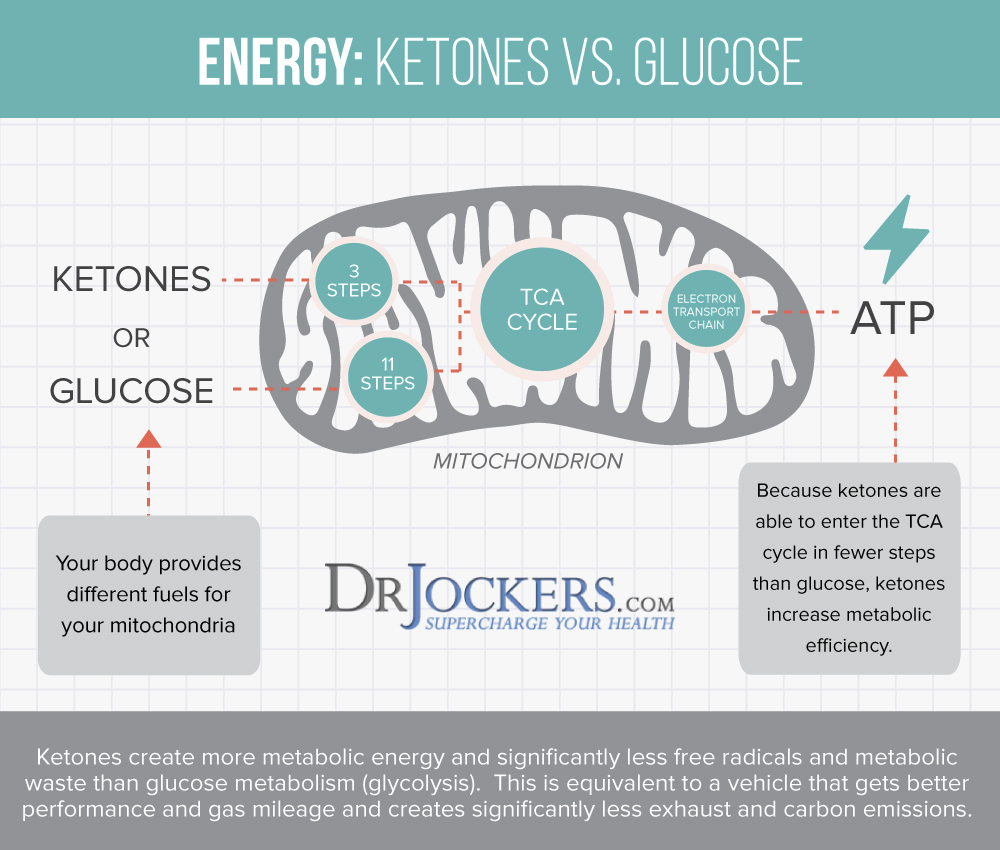
1. Use Fresh Lemon/Lime:
Lemon and lime contain citric acid which helps to reduce blood sugar levels naturally (3). Additionally, antioxidants and trace minerals such as potassium help to improve insulin signaling boost liver function, and stabilize blood sugar.
How To Use: Put lemon or lime in your water and use it in your green juices, salads and squeeze over meat and cooked veggies to help improve your blood sugar and improve ketosis.
2. Use Apple Cider Vinegar:
Apple cider vinegar (ACV) is naturally high in acetic acid. The use of acetic acid with meals has been shown to reduce the glycemic response of a typical carbohydrate meal by 31% (4).
One study actually showed that using acetic acid reduced a carbohydrate rich meal from a typical glycemic index of 100 to 64 (5). Beyond the acetic acid, apple cider vinegar supports the production of hydrochloric acid and contains enzymes that enhance the metabolism of protein and fat.
How to Use: Use ACV on as many foods as possible and/or add it to water with 1-2 tbsps. per 8oz of water. You can also get a calorie free Bragg’s ginger aid that contains ginger, ACV, and stevia for a great refreshing drink that improves digestion and may improve ketosis.

3. Use Fermented Foods:
Fermented foods such as coconut milk yogurt, coconut milk kefir, coconut water kefir, sauerkraut, pickles, and kimchi are extremely beneficial to the digestive system and improve bowel motility.
Additionally, these foods have natural acids that stabilize blood sugar levels. Additionally, the probiotics, enzymes, and other bioactive nutrients help to improve digestion and improve ketosis (6). Use a variety of different fermented foods each day. Focus on the ones that you enjoy the taste of and feel good when consuming.
How To Use: For the best benefit, use these at the beginning of a meal to provide enzyme support and probiotics that will help the body metabolize the rest of the food you will be consuming.

4. Use Cinnamon Daily:
Cinnamon helps to improve insulin receptor activity and inhibit enzymes that block insulin receptors. It is also a very powerful antioxidant that prevents inflammatory conditions that damage cell membranes and insulin receptors (7).
How To Use: Put a ½ tsp of cinnamon in your shakes and apply it to any sort of ketogenic dessert recipe or anything with berries. Additionally, if you are cycling out of ketosis with higher carb foods, be sure to use it on things like sweet potatoes, carrots, pumpkin, and yams to reduce the blood sugar impact from these foods.
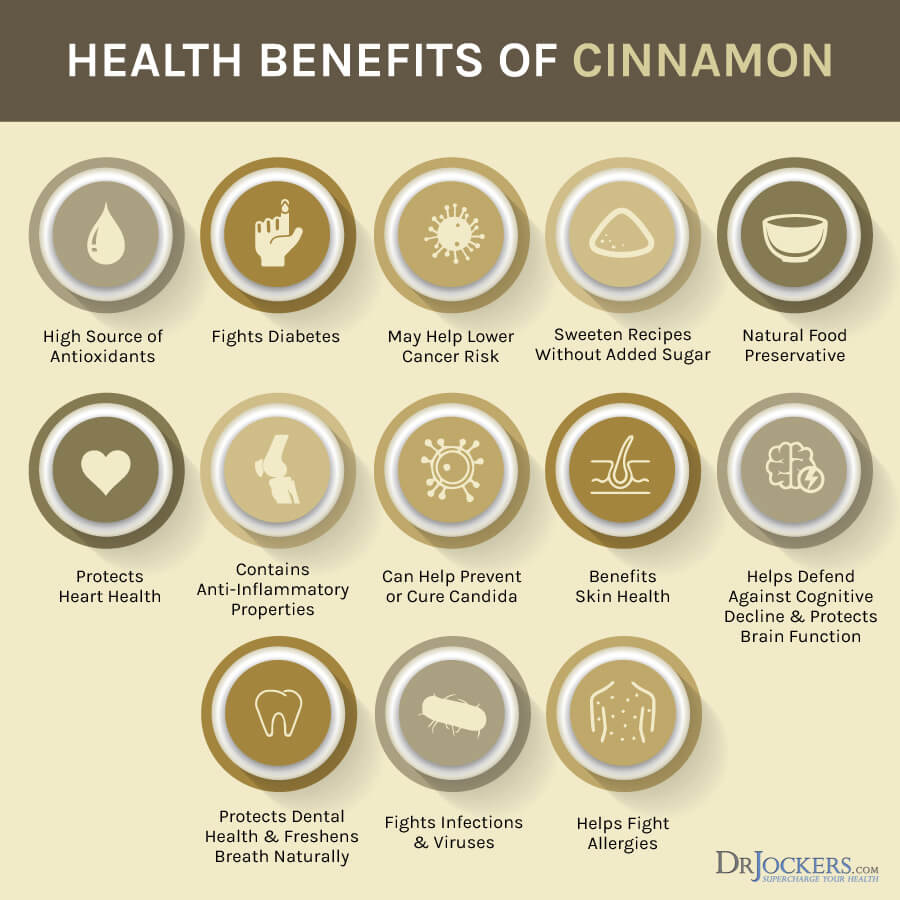
5. Use Turmeric:
The orange Asian herb turmeric has been traditionally used for centuries in Ayurveda and Chinese medicine. Curcumin is the most powerful active anti-inflammatory compound within turmeric. Curcumin has been shown to be a powerful suppressor of chronic inflammatory mediated disease processes (8).
Curcumin modulates blood sugar and improves insulin receptor function by improving its binding capacity to sugar. Curcumin activates PPAR (peroxisome proliferator-activator receptor) which is a group of key nuclear proteins that regulate gene expression and modulate sugar uptake and utilization in the bloodstream.
Curcumin also reduces the activity of specific liver enzymes that release sugar into the bloodstream while activating enzymes that store sugar as glycogen. Research on type 2 diabetes patients resulted in blood glucose stabilization and lowered triglyceride levels in the group that consumed curcumin (9). This can improve ketosis as you will be better at stabilizing blood sugar levels.
How To Use: Turmeric is absorbed best when it is combined with a good fat source and with black pepper as the peperine molecule helps to activate the curcumin.
Add turmeric to your smoothies, green drinks (juice the root), and meat and vegetable dishes. Be sure to add in the turmeric after the meal is finished cooking in order to maximize the anti-oxidant content. I enjoy making steamed veggies and smothering them in grass-fed butter or ghee and adding turmeric, black pepper, pink salts, and other herbs. This article here goes over some additional strategies to get more turmeric into your ketogenic diet.
6. Chromium and Vanadium:
Chromium and vanadium help improve blood sugar regulation. Chromium acts to increase the production and the release of glucose transport molecules called GLUT-4 enzymes in the liver and muscle tissue. It does this by shifting GLUT-4’s location from deep within the cell to a position on the cell membrane.
This activity opens a window in the cell that allows glucose to flow down a concentration gradient into the cell where it can be metabolized for energy. This acts to stabilize blood sugar levels and reduce insulin secretions. (10, 11).
Vanadium is a unique trace mineral that works to lower blood sugar by mimicking insulin and improving the cells’ sensitivity to insulin (12, 13, 14).
How To Use: Taking 250-500 mg of chromium and 375 – 700 mcg of vanadium with a higher carbohydrate meal can improve post prandial blood sugar significantly.
If you can get these nutrients in a high quality, bioavailable multi-vitamin it is even better as you will be supplying your body with tons of easily absorbable trace minerals, anti-oxidants, and B vitamins that are key for blood sugar stability to improve ketosis. I use one with my clients called High Energy Support
7. Fenugreek Seed:
Fenugreek is native to the Himalayan region of India and it is now grown wildly all over southern and Mediterranean Europe, Middle-East Asia, and northern African regions. Fenugreek seeds are tiny, bitter, and pungent seeds. They have been used for centuries to improve digestive function as a bowel toner and carminative. They have a beneficial effect on kidney health and act to improve breast milk secretion in nursing mothers.
Fenugreek Seed and its constituent, 4-isoleucine appear to directly stimulate insulin (15). The combination of fenugreek with vanadium appeared to normalize altered membrane linked functions and GLUT4 distribution (16). Fenugreek also lowered high serum cholesterol and triglycerides.
How To Use: Take 200-300mg with meals to keep blood sugar stable and improve ketosis

8. Bitter Gourd (Bitter Melon):
Bitter gourd is a tender, edible fruit pond that grows on climbing vines and originated in India. As the name implies, it is a bitter tasting melon. It is in the same family as squash, watermelon, cantaloupes, and cucumbers.
Bitter Gourd (aka. bitter melon) contains a powerful phytonutrient called Polypeptide-P which has insulin-like effects that have been shown to exhibit hypoglycemic effects (17). Polypeptide P has an onset of action between 30-60 minutes and a peak effect at about 4 hours (18). It is approved as an antidiabetic drug in China (19).
How To Use: Take 100-150mg with meals to improve ketosis
9. Gymnema Sylvestre:
Gymnema is a climbing green shrub native to the tropical forests of southern India and Sri Lanka. The leaves have been used for centuries to make an Ayurvedic medicine called gurmar, which means in Hindi, “destroyer of sugar,” as it helps to reduce sugar cravings and balance blood sugar naturally.
Gymnema contains many powerful phytonutrients including triterpenoids which have adaptogenic qualities that enhance the body’s ability to respond to stress. Gymnema sylvestre reduced fasting blood sugars, glycosylated hemoglobin (HbA1c), and glycosylated plasma protein levels and thus insulin requirements in Type 1 diabetics.
It did this by reducing glucose absorption in the intestine, stimulating pancreatic beta cell growth, and possibly increasing endogenous insulin secretion as suggested by an increase in C-peptide levels. Gymnema was shown to also reduce serum triglycerides, total cholesterol, VLDL, and LDL (20).
How To Use: 100-200mg with meals
10. Herbal Adaptogens:
There is a unique array of compounds used in natural medicine that are called adaptogenic herbs that help the body to better adapt to stress. Adaptogenic herbs don’t affect an individual’s mood but they help the body function at its optimal level during times of stress. They do this by modulating the production of stress hormones like cortisol and adrenaline (21, 22).
Adaptogenic herbs include Panex ginseng, ashwagandha, rhodiola, cordyceps, astragalus, holy basil, Siberian ginseng (Eleuthero root), and maca as well as others. Start with small doses of these and gradually go up.
These herbs are best used in the morning and mid-afternoon for most individuals. Many people notice an increase in energy and mental clarity from them and if you take them at night they could possibly keep you up. 3 notable exceptions are reishi mushroom, lemon balm, and ashwagandha which tend to be more relaxing and help people sleep better.
Some individuals find they respond better to certain adaptogens better than others so be sure to monitor how you feel and your level of stable ketosis. If you notice that they induce cravings or make you feel fatigued, you are probably having a stress response to the herb itself.
This isn’t a complete list at all but it is a start. Here is how I recommend using them.
Ashwagandha: Begin with 200-400mg – 1x per day and if you feel good using it you can gradually go up to 400-800 mg – 2x per day
Astragalus: Begin with 500mg – 1x per day and if you feel good using it you can gradually go up to 500 mg – 1000mg – 2x per day
Cordyceps: Begin with 400mg – 1x per day and if you feel good you can gradually go up to 400-800 mg – 2x per day
Panax Ginseng: Begin with 200mg – 1x per day and if you feel good you can gradually go up to 400mg – 2x per day
Holy Basil: Begin with 300mg – 1x per day and if you feel good you can gradually go up to 300-600mg, 1-2x per day
Maca: Begin with 1.5g -1x daily and if you feel good you can gradually go up to 1.5-3.0 grams – 2x daily.
Rhodiola: Begin with 100mg -1x per day and if you feel good then go up to 100-200 mg – 2x per day
Siberian Ginseng: Begin with 100mg -1x per day and if you feel good you can gradually go up to 200 mg – 2x per day

11. Acetyl L-Carnitine:
Carnitine was originally identified in animal meat and got its name from the Latin word for flesh, “carnus.” This nutrient is critical for fat metabolism and energy production in the cellular mitochondria.
Carnitine helps muscle cells drive energy efficiently from fat metabolism. Up to 70% of the energy produced by muscle cells (including the heart) comes from burning fats. Carnitine is the gate-keeper that allows fatty acids to pass into the mitochondrial furnace effectively (23, 24, 25).
Low levels of carnitine cause a reduced ability to use fat for energy. This will drive up blood sugar because the cells will be starving. To remain in ketosis, you need to optimize your L-carnitine levels. The best way is to consume healthy animal products and consider high quality Acetyl-L-Carnitine supplementation.
Optimal Dosages: 500-1000 mg – 2x daily
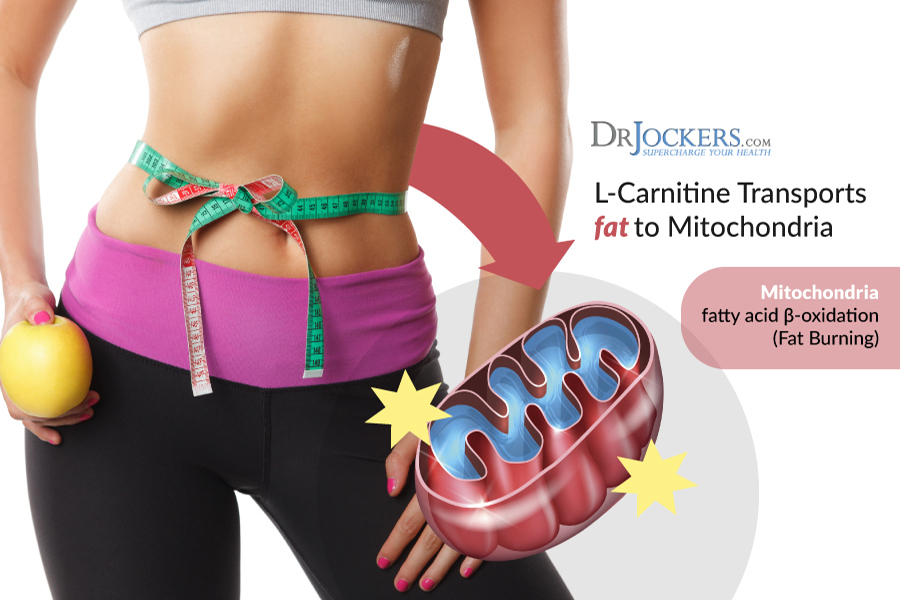
12. Alpha Lipoic Acid:
This is a unique and powerful anti-oxidant that has both water and fat soluble properties. This unique characteristic allows it to be absorbed and transported into many organs and systems such as the brain, liver, and nerves.
Lipoic acid is able to regenerate vitamins C and E and other major antioxidants such as glutathione and CoQ10. Lipoic acid protects the mitochondria, the energy producing factories of cells, from being damaged by oxidative stress so they can produce energy more efficiently (26).
There is overwhelming evidence that ALA is critical for maintaining insulin sensitivity, optimal blood sugar levels, and blood vessel integrity. This is important for metabolic syndrome, diabetes, healthy blood pressure, and cardiovascular health (27).
Optimal Dosages: 100-200 mg with each meal
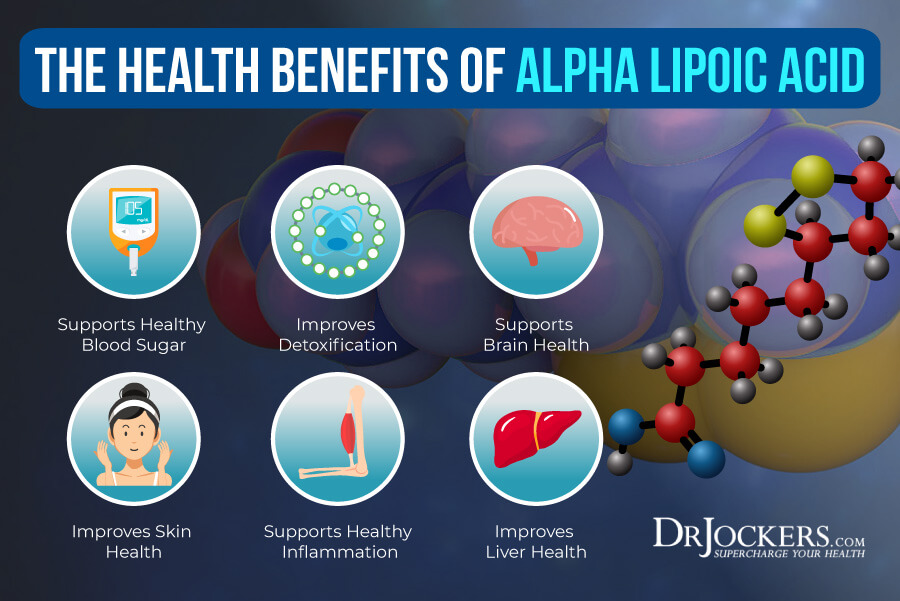
Conclusion:
I am just scraping the surface here with how many herbs and supplements can help to improve blood sugar regulation, mitochondrial function, and fat burning mechanism. The most important thing is to find what works best for you.
You can use blood sugar testing, ketone blood testing, or a ketonix breath meter to quantify your blood sugar stabilization and ketone levels. I go over the best ways to test your ketones here. Additionally, see how you feel when you use the dosages recommended in this article. Experiment with some or all of these nutrients if you wish and see what works best for you in your pursuit to improve ketosis.
In order to help my clients, I have formulated several supplements that combine many of these nutrients. This includes Insulin Manager, High Energy Support, Adapt Strong, Cortisol Defense, and Brain Supercharge which all improve blood sugar regulation and support mitochondrial health.
You don’t need to take all of these, but check them out and consider 1 or 2 that you think will help you on this journey to improve ketosis!!
If you want to work with a functional health coach, I recommend this article with tips on how to find a great coach. On our website, we offer long-distance functional health coaching programs. For further support with your health goals, just reach out—our fantastic coaches are here to support your journey.



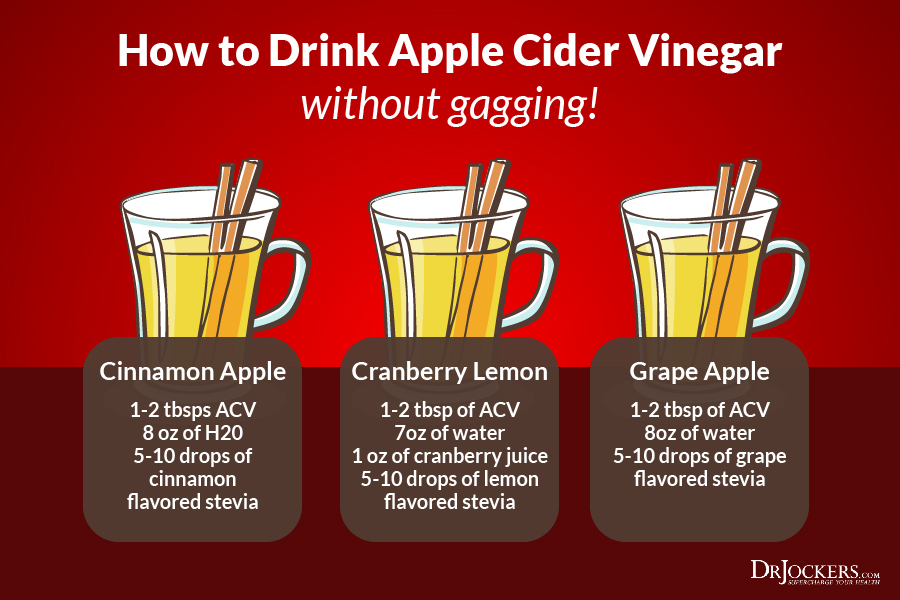

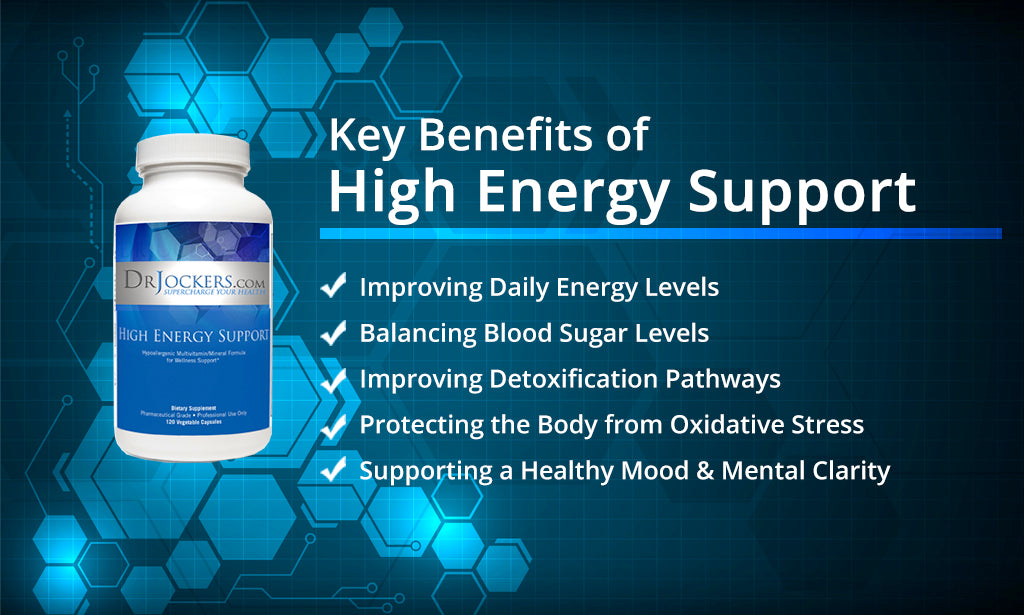

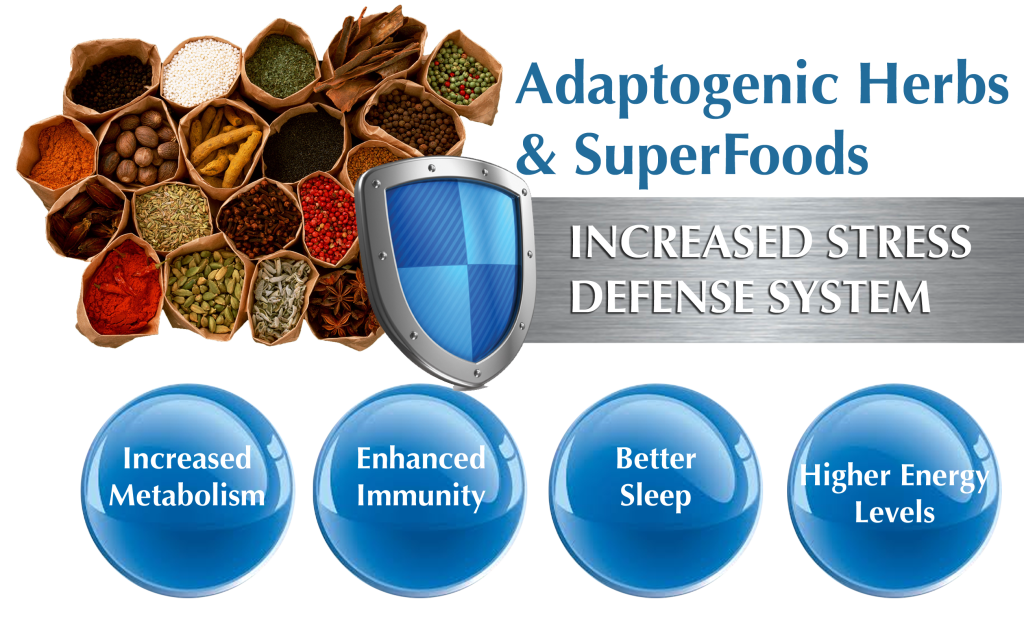

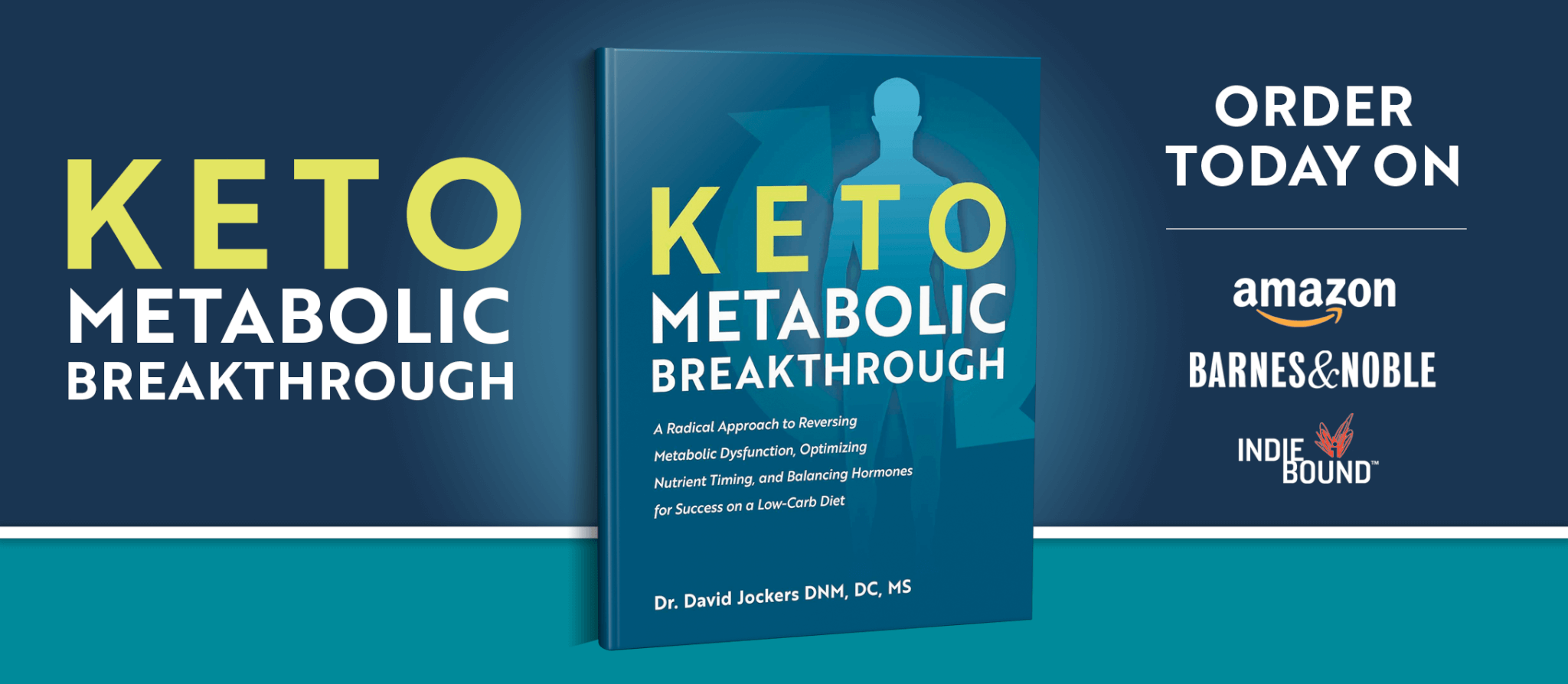


Thank you for this information. I had heard of the herbs, but not how to use them. Thank you so much!
Your welcome Roberta! Glad you got a lot out of the article!
Thank you for the information. You have been an inspiration for me on a ketogenic diet.
Awesome to hear that Dannette!!
There is so much talk about the ketogenic diet. I have yet to see a book that gives meal plans to help you understand how to get the best balance. Just saying eat low carb, high fat, moderate protein is not enough to help me get started.
Check out the ideas in this article here: https://drjockers.com/meal-planning-ketogenic-diet/
Great post! I was wondering if Maca powder would kick me out of ketosis though. It’s a root vegetable with mostly carbs in it. Could you please tell me what you think?
You would have to use the maca extract Angela.
Can I take ginseng tea on keto
Yes you can Faith! That is a great one!
I wish there were sites like this 15 years ago. I lost 70lbs by doing exactly what you are talking about with your program, but had no idea what I was actually doing. I had gotten the idea from Medical Weightloss while trying them out to lose baby weight. Long story, but I had gained weight back and couldn’t afford to spend that kind of money again so I started their “3-day cleanse” and lost 7 lbs…so I tried it a little longer,which became a year and moving from a size 22 to a 4 or 6. I hadn’t been that size since high school. The problem is that I didn’t know how I was losing but I knew it had dome thing to do with veggies and protein. When Atkins came along, i thought I was doing the Atkins diet because it sounded similar. But the older I got the less it seemed to work and now I’m up 40 lbs again. So, I’m super stoked to find your site and a few others and have begun to get back to the Ketogenixs lifestyle this is exactly what I needed to do and I’ve already lost 10lbs by just restricting sugar a bit more and watching the carb intake.
Great to have you on the ketogenic lifestyle Amy!!
Amy, you made so much effort with whatever information you could get at any given time. It is so moving to read about it. Thank you for sharing and the best success to you.
Hi, are supplements like Acetil L-carnitine, Q10 and ALA allowed, when pregnant??
Yes Eleni all of these are safe during pregnancy!
I have found that microwaved foods have just as much increase in nutrition as fermented foods and don’t take days/weeks to develop. Raw foods have the least amount of available nutrition. I haven’t been able to find a source to compare, for example, cooked carrots to pickled carrots for comparison but I can compare dill pickles with cucumbers and dill pickles have less nutrition than peeled and unpeeled cucumbers for instance. But sour dill low sodium has more Vitamin K than do either raw with peel or raw without peel. So there’s some differences in the nutrition of that pickled food.
Hey Judith, I definitely do not recommend microwaved foods.
Really! It’s hard to believe anyone interested in eating healthfully would consider microwaving their food.
Agreed!
So Dr. you recommend not using the microwave. Wow that will be a big change. I used About twice a day. Can you please give me more info on this? Why? I am trying to start a healthy life style .
It’s so hard to believe that there are still people out there who think Microwaving food is an “ok thing”. Stop wasting everyone’s time and Google.
Hey Wilson! Yes I do not recommend using a microwave. There is some evidence that it damages nutrients in food and may increase your risk of radiation exposure and possibly raise markers of inflammation in the body. I just choose to not take the risk!
Thanks a lot Dr. I enjoyed the article and I really appreciate people like you who stand on the side of the truth!
I have been on Keto way of eating since October 2016. I was on blood pressure medication before I started Keto. I realized increase in blood pressure in th epast few months after I got off the medication because my pressure reduced very well. So currently am back on it. Not happy at all. What do you think could be the cause.
I was also placed on Lipitor but I do not take it. Just don’t feel I should take it since I am following ketogenic way of eating the way it should.
Forgot to mention that my weight has reduced from 111kg in October 2016 to 86kg as at today.
Also, can I take lipid care tea? Since I am not taking the statin for cholesterol.
Thanks for reading Chii! It is hard to say why your blood pressure is still high. It could be stress, certain nutrient deficiencies, dehydration, and possibly some others. Here is some helpful info
https://drjockers.com/5-nutrients-lower-blood-pressure/
https://drjockers.com/11-steps-to-beat-heart-disease/
can I use cinnamon and honey water mix while doing the kept diet?
Hey Harsha, honey is high in sugar and will make it hard to stay in ketosis unless you use a very small amount.
I drink fresh ginger water daily and love to use it in my veggies…I have just noticed that ginger has a relatively high carbs..will it kick you out of ketosis?
It shouldn’t, you can always use a ketone monitor to make sure!
i’ve been drinking an adaptogenic herb mix with cocoa for the last 4 days. since today my urine and breath smell like fruity alcohol. could it be because of intake of adaptogenic herbs?
Hey Kathy, the fruit smell may be the release of breath acetone if your body is transitioning into a state of nutritional ketosis. Here is a helpful article: https://drjockers.com/5-ways-measure-ketones/
Hi, thanks a lot for the great article. I am was wondering if herbal tinctures are ok on ketogenic diet. I am currently taking a tincture prescribed by my herbalist for balancing of female hormones with dandelion and milk thistle added to it. Furthermore, I would be interested to know how a healthy ketogenic diet (i.e. a lot of green veggies, moderate protein and increased healthy fats) affects female hormones. Thanks a lot! Irina
Hello Irina,
Yes a keto diet can help improve estrogen/progesterone balance and yes, absolutely you can use herbal tinctures on this nutrition plan.